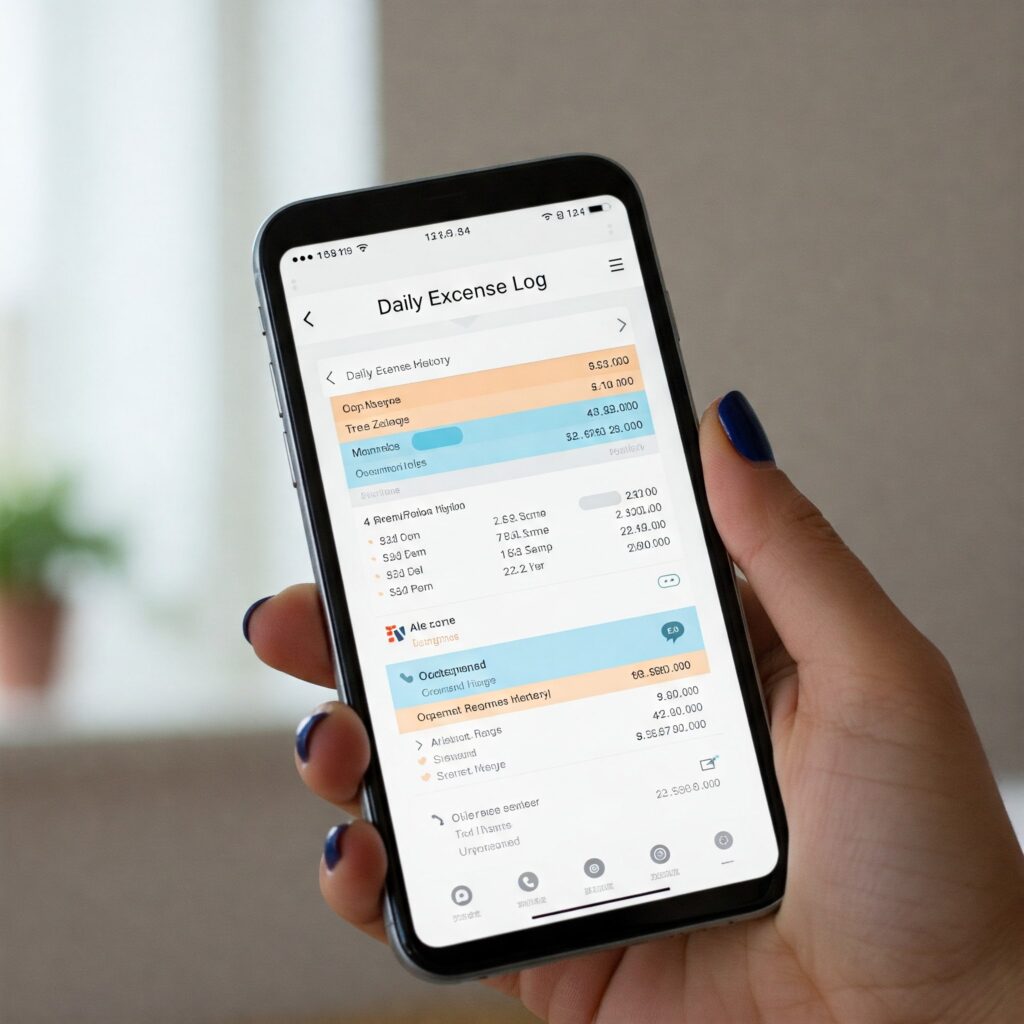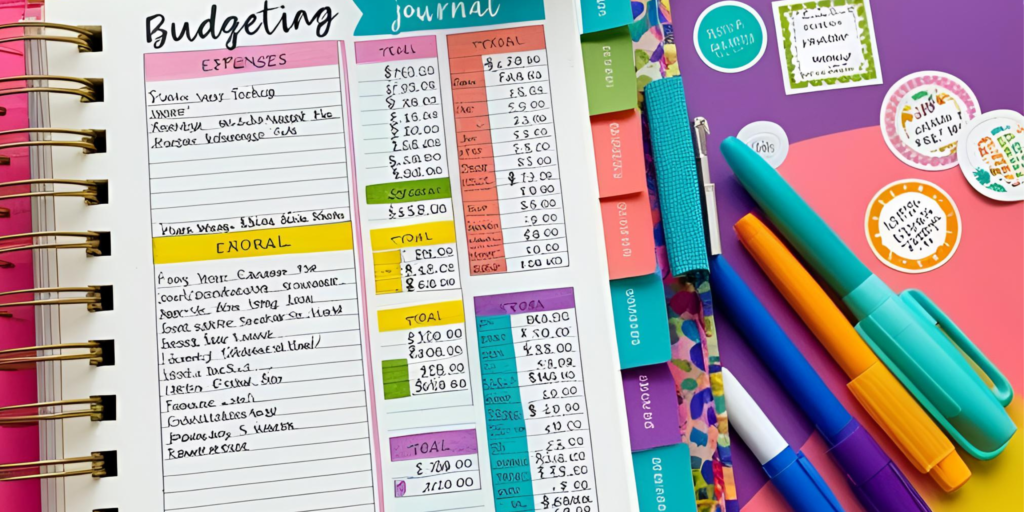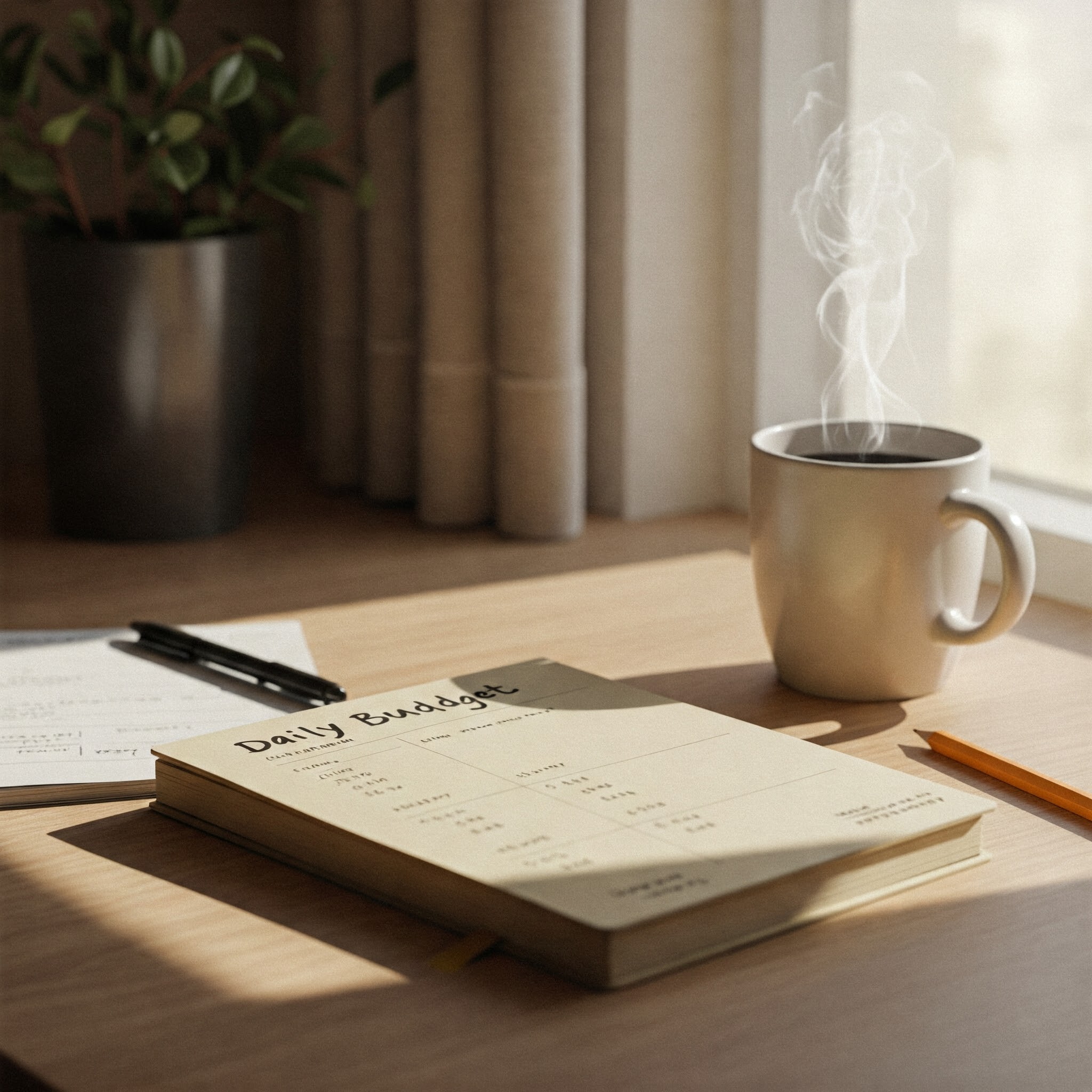How to Make Budgeting a Daily Habit
Introduction: Why Budgeting a Daily Habit Matters
Most people associate budgeting with spreadsheets, stressful end-of-month calculations, or an app they check every now and then. But what if you approached it like brushing your teeth — something small, simple, and daily? Budgeting a daily habit isn’t just about tracking numbers. It’s about building awareness, confidence, and a sense of control over your money.
In this article, you’ll discover practical, realistic ways to weave budgeting into your daily routine without it feeling like a chore. You’ll also learn why small daily check-ins can lead to significant long-term financial wins.
The Benefits of Making Budgeting a Daily Habit
1️⃣ It Reduces Financial Stress
A quick daily glance at your finances helps prevent surprises. No more “how did I overspend this month?” moments. You’re always in the know.
2️⃣ Encourages Mindful Spending
When you track your money daily, you become more intentional about your purchases. That $7 coffee suddenly stands out more when you log it right after drinking it.
3️⃣ Builds Financial Confidence
Over time, consistently practicing budgeting a daily habit makes you feel more capable and in control. It’s a small action with big psychological rewards.

How to Start Budgeting a Daily Habit
Choose a Method That Fits Your Lifestyle
Some people love old-school pen and paper. Others prefer sleek budgeting apps. The key is to pick a method you’ll actually stick with. Here are a few options:
- Notebook Journal: Write down your expenses daily. Simple and tactile.
- Budgeting Apps: Tools like YNAB (You Need A Budget), Mint, or EveryDollar can send daily reminders.
- Spreadsheets: Google Sheets or Excel offer custom flexibility.
Set a Specific Time for Your Daily Check-In
Habits stick better when paired with a trigger. Choose a time you can consistently spare 5 minutes. Good examples:
- With your morning coffee
- During your lunch break
- Before you go to bed
Set a recurring reminder on your phone to make it foolproof.
Track Every Transaction
It sounds tedious, but it takes under 3 minutes a day. Either jot it down as you go or review your card transactions at day’s end. This creates instant awareness and accountability.
Tips to Keep Budgeting a Daily Habit Interesting
Use Visuals
Create charts, bar graphs, or spending categories color-coded by week. Watching your progress (or overspending!) visually can be surprisingly motivating.
Reward Yourself
Did you stick to your daily budgeting for a week? Celebrate it. Maybe a small treat or a relaxing evening walk. Rewards reinforce habit formation.
Budget Together
If you have a partner or friend also trying to improve their finances, check in together. Shared accountability makes budgeting a daily habit much easier to maintain.
Common Mistakes to Avoid When Making Budgeting a Daily Habit
- Skipping weekends: It’s easy to forget on off-days. Set an extra reminder.
- Not adjusting your budget: Life happens. Tweak your numbers if necessary.
- Making it too complicated: Start simple. Focus on tracking first, then add categories or goals later.

How Long Does It Take to Make Budgeting a Daily Habit?
Experts suggest it takes around 21 to 66 days to form a new habit. The good news? Since budgeting only takes a few minutes a day, it’s one of the easier habits to adopt. The first two weeks are usually the hardest, so be patient with yourself.
Why Daily Over Weekly or Monthly Budgeting?
Weekly or monthly budgeting often feels overwhelming because you’re trying to recall too many transactions at once. Daily check-ins are lighter, faster, and reduce the chances of forgetting expenses. Plus, it makes adjusting spending behavior in real-time much easier.
FAQs About Budgeting a Daily Habit
Q: Do I need a fancy budgeting app to make budgeting a daily habit?
A: Nope! While apps are convenient, a notebook or simple spreadsheet works fine. The key is consistency, not complexity.
Q: What if I miss a day or two?
A: No problem. Just catch up the next day. Habits aren’t about perfection; they’re about patterns. Missing a day doesn’t undo your progress.
Q: How long should daily budgeting take?
A: 3 to 5 minutes, tops. The goal isn’t an hour-long review but a quick, mindful check-in.
Q: Should I budget cash transactions too?
A: Absolutely. Even small cash expenses matter. Tuck receipts in your wallet or note them down as you go.

Final Thoughts: Why You Should Start Budgeting a Daily Habit Today
Think of budgeting a daily habit like brushing your teeth. It’s quick, preventative, and saves you a ton of trouble down the road. Not only does it help you manage money better, but it also builds awareness and confidence over time.
Start small — track your expenses, check your balance, or review your budget for a few minutes each day. In a few weeks, you’ll notice a shift in your mindset, spending habits, and overall financial peace of mind.








[…] (saving $500 for emergencies) and long-term (buying a house, retiring comfortably) financial goals. Budgeting for beginners becomes easier when you’re working toward a […]